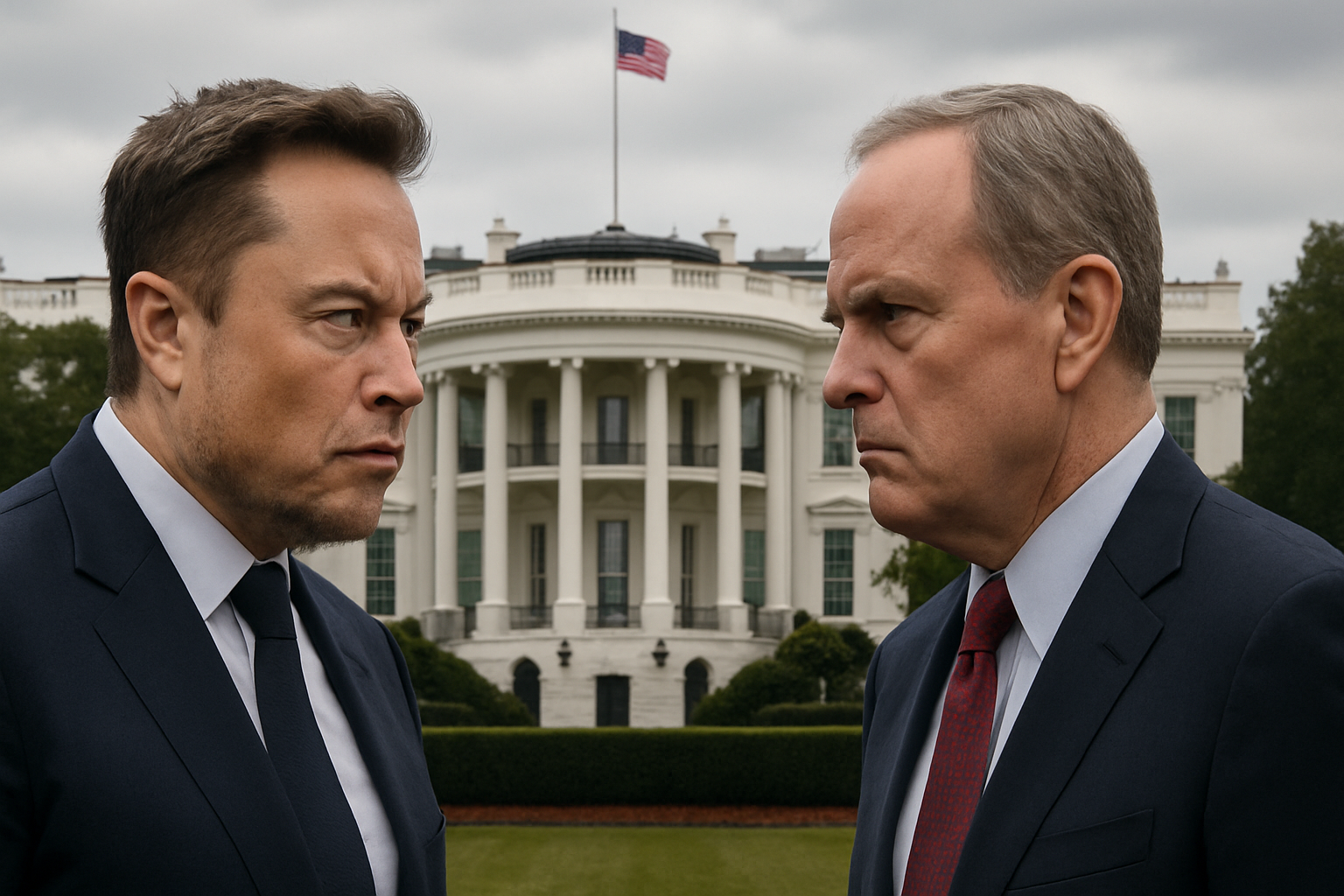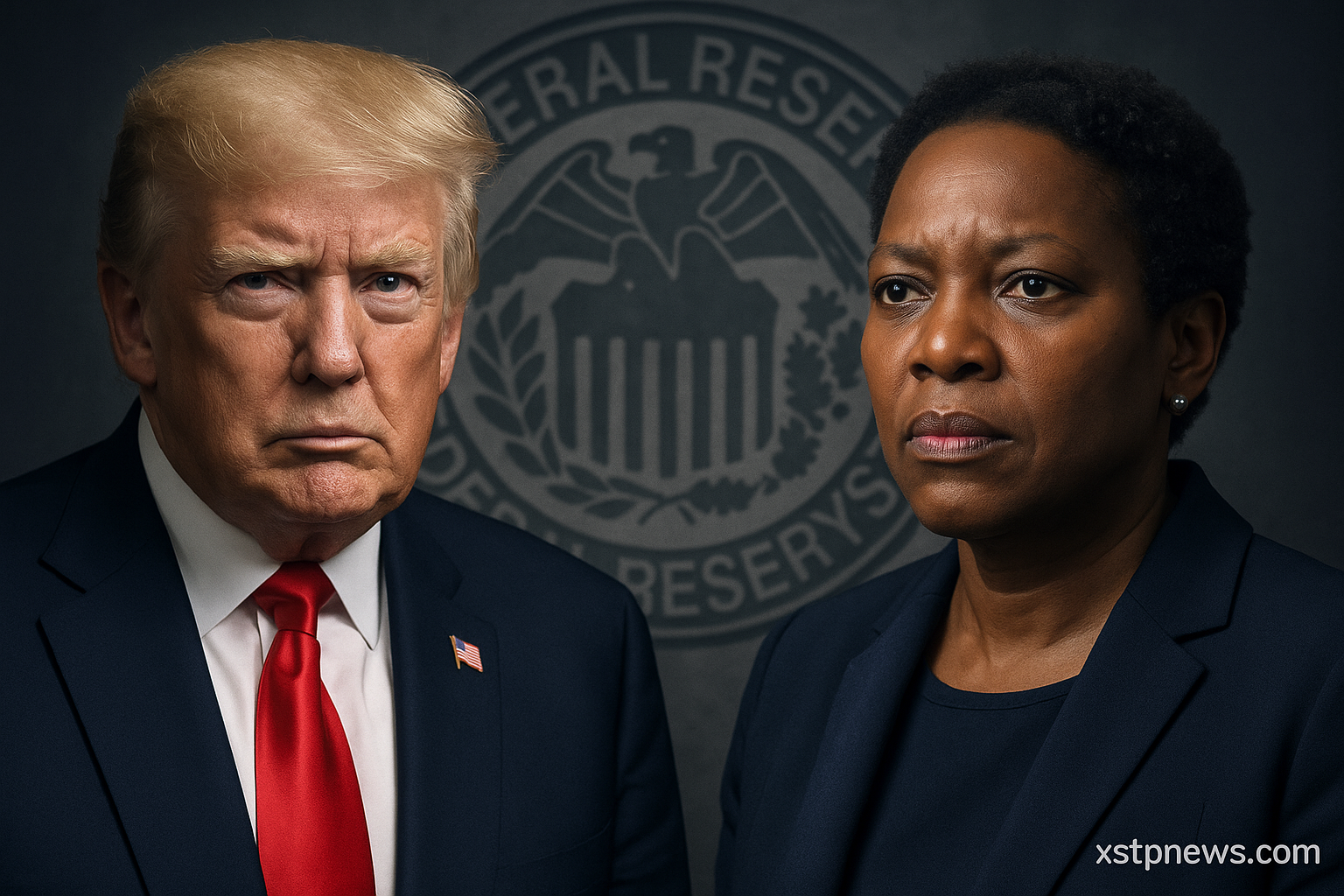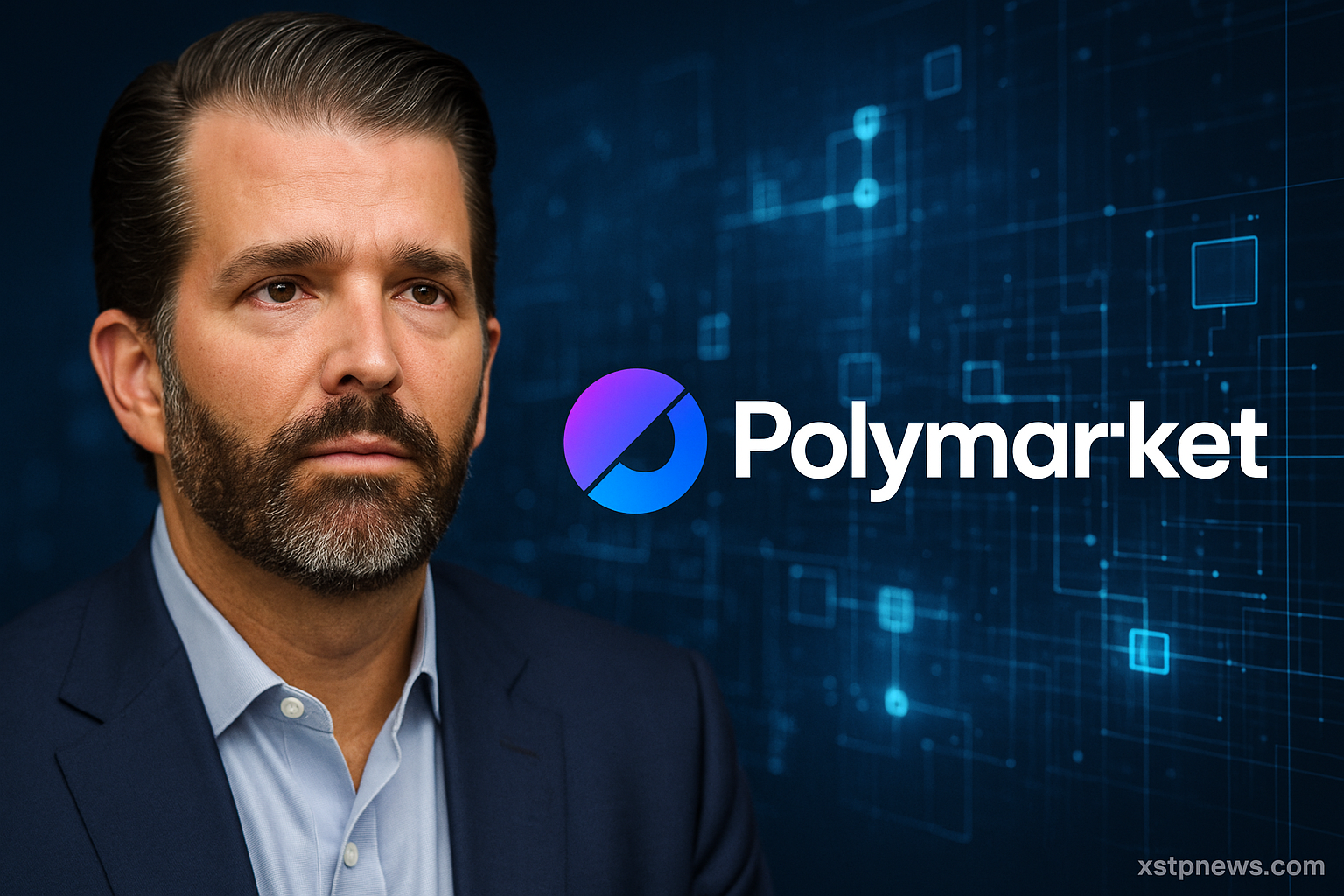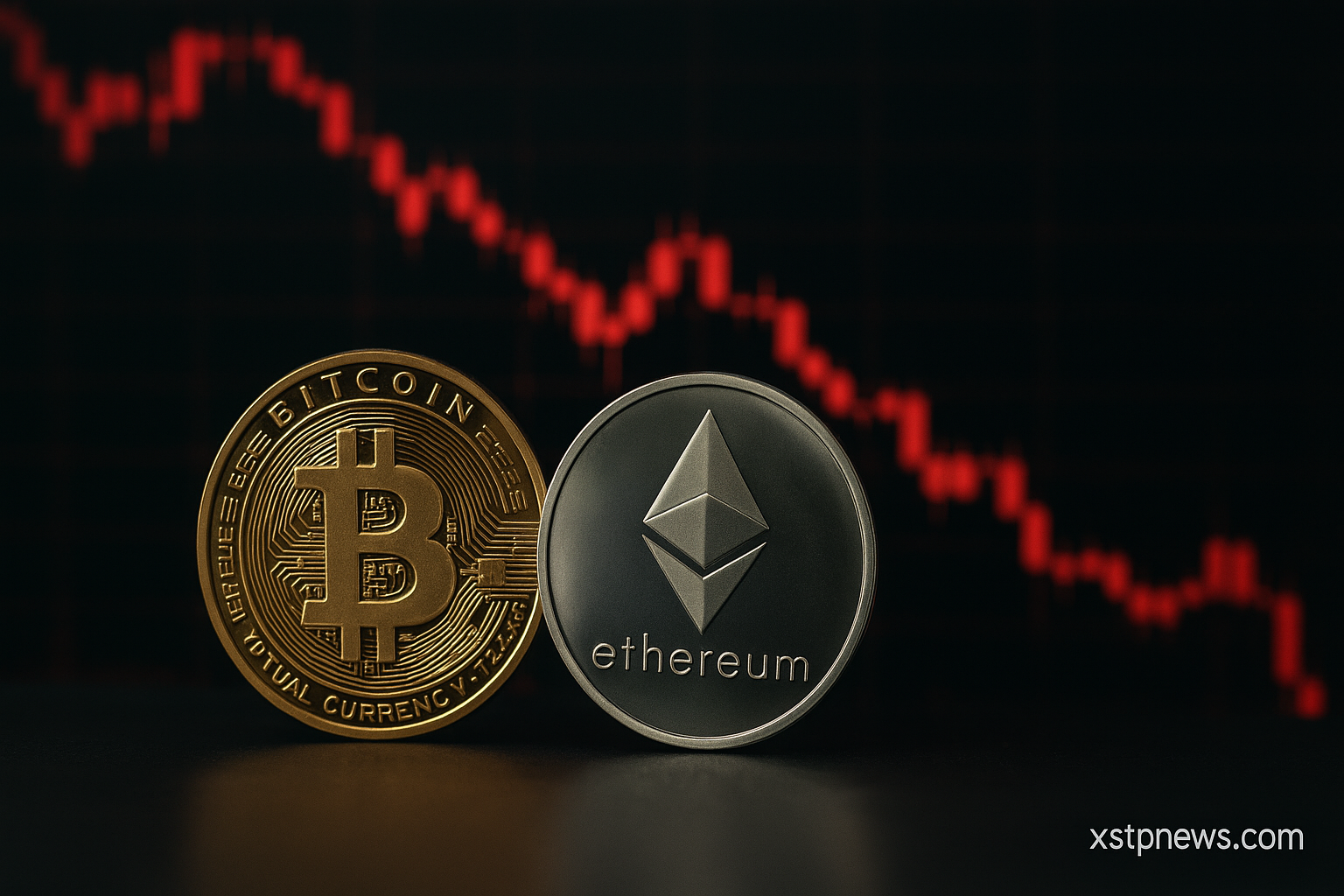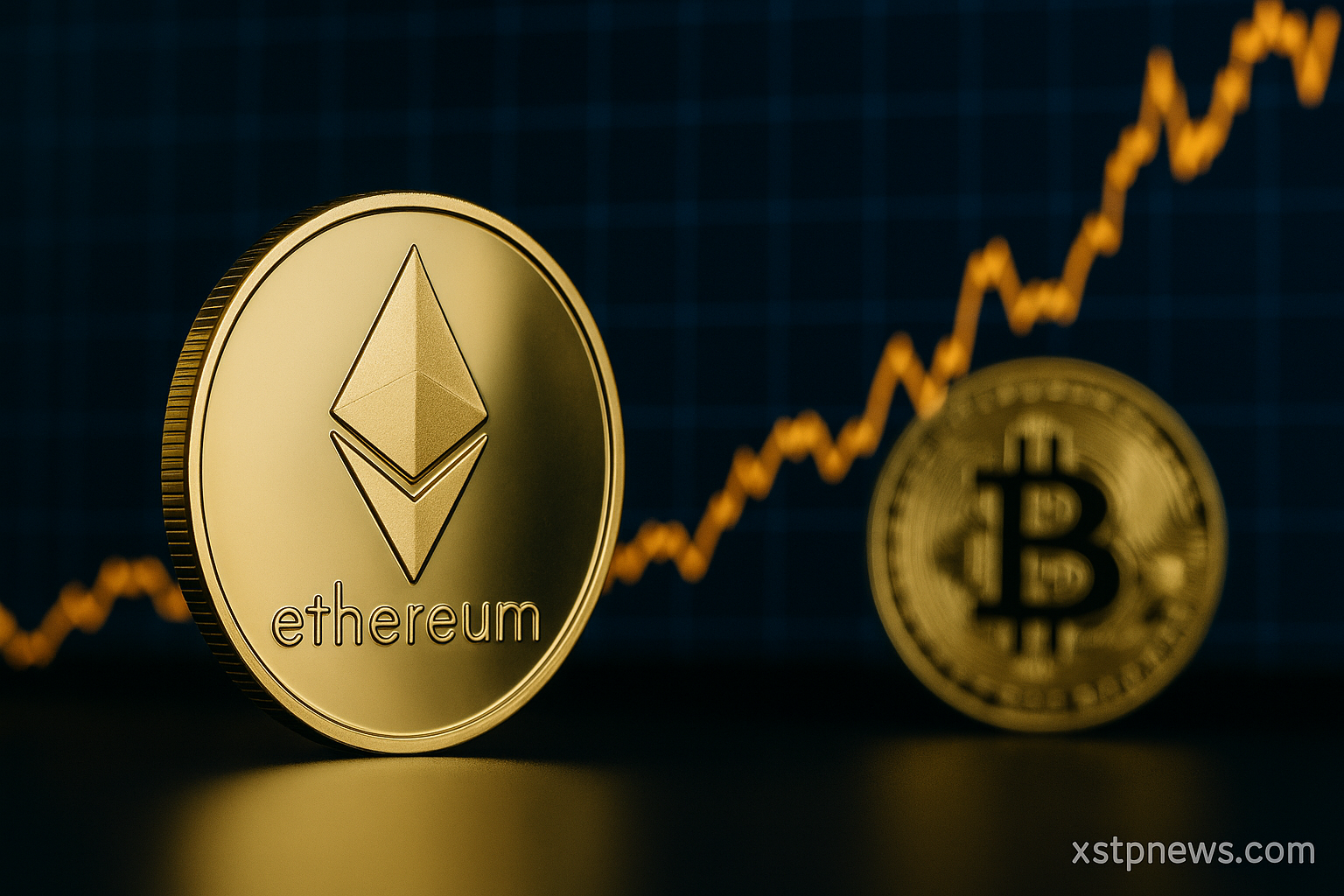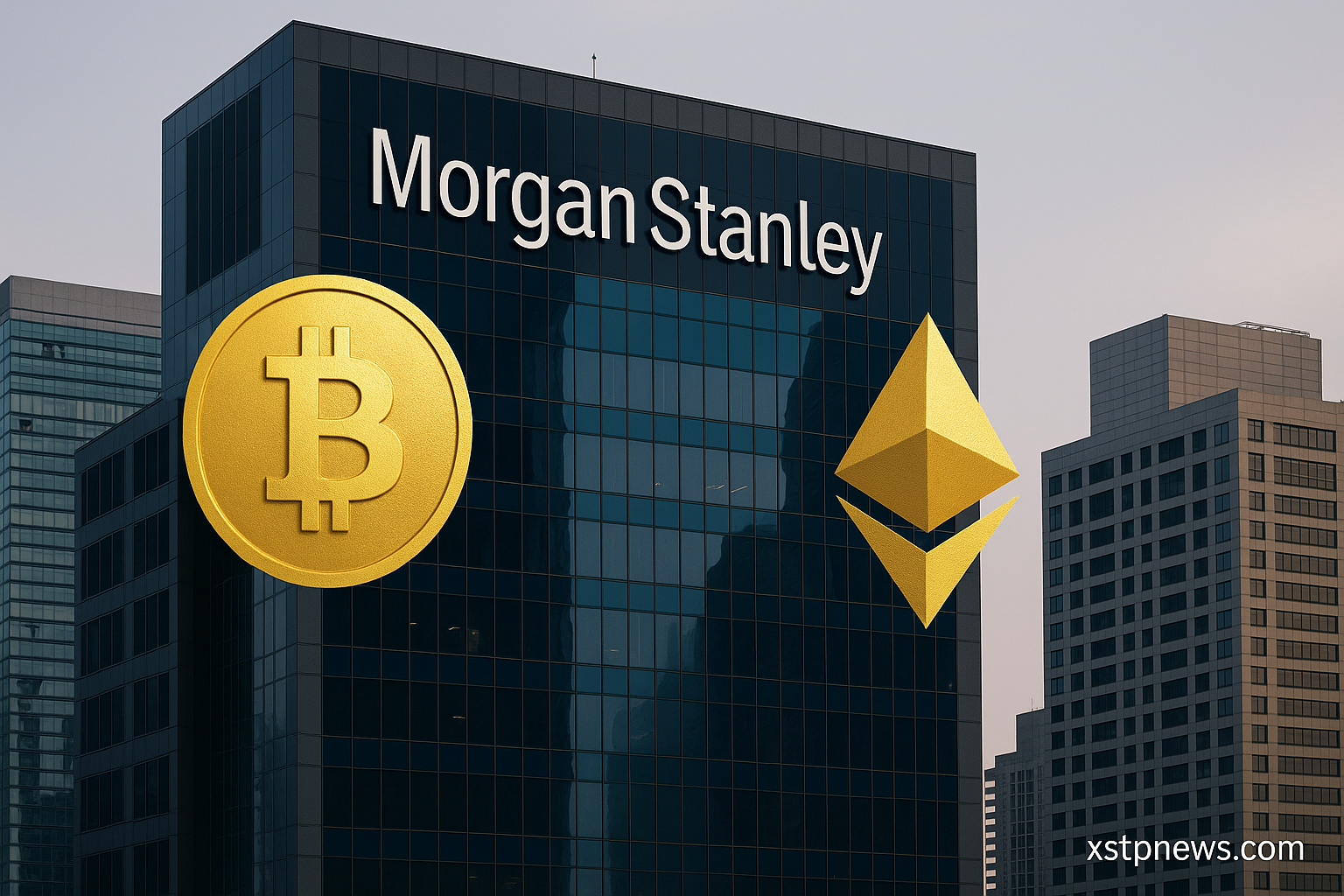When politics collides with ego, the fallout reaches far beyond Washington
In April 2025, what was meant to be a routine strategic meeting inside the White House turned into a dramatic confrontation. Elon Musk, one of the most influential figures in tech and finance, clashed physically with US Treasury Secretary Scott Bessent. The altercation took place just steps from the Oval Office.
According to reports from multiple US sources, Musk shoulder-charged Bessent after a heated verbal exchange. The dispute began during discussions over who should lead the IRS. Steve Bannon later revealed that Bessent called Musk a “complete fraud,” prompting Musk to respond in force. The confrontation quickly escalated and had to be broken up by staff.
A turning point in Musk’s political ties
After the incident, Musk was escorted out of the West Wing and was effectively removed from his role in the Department of Government Efficiency, also known as DOGE. Not long after, he publicly distanced himself from Donald Trump, launching a series of aggressive attacks, including accusations related to Trump’s connection with the Epstein files.
Trump responded with threats to cut federal support for Musk-linked ventures and even called for investigations into Musk’s immigration status.
Why this matters beyond the drama
This is more than a personal feud. The clash marks a significant fracture between the tech elite and traditional political power. Musk, once a symbol of Trump’s innovation agenda, is now out of favor. The repercussions may ripple across markets tied to defense, energy, AI, and cryptocurrency.
For smart investors, episodes like this highlight how leadership behavior can directly affect market sentiment. With Musk’s deep exposure to high-volatility sectors, tensions like these are never just political they are financial.

